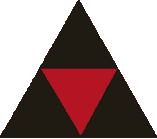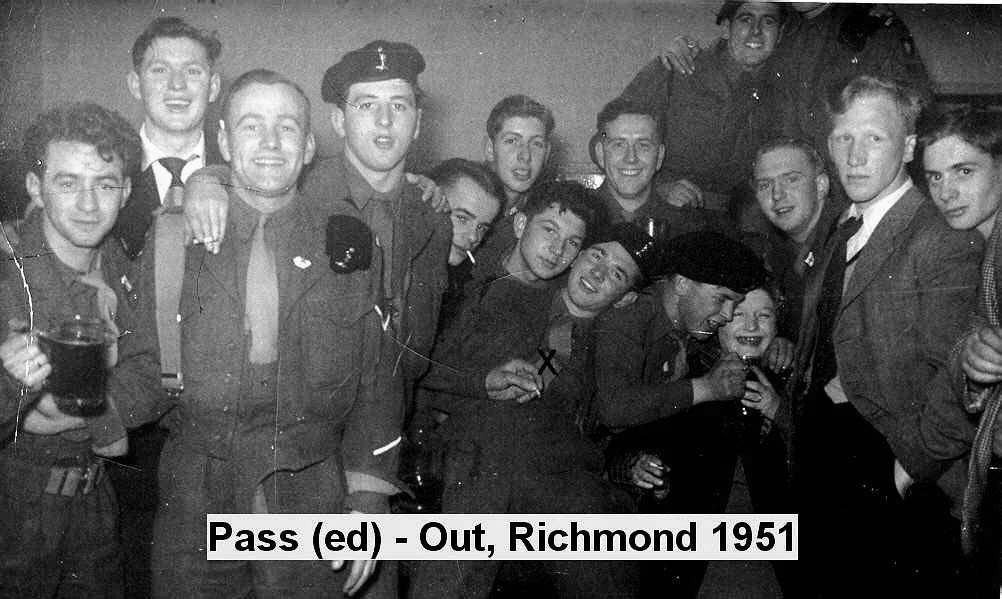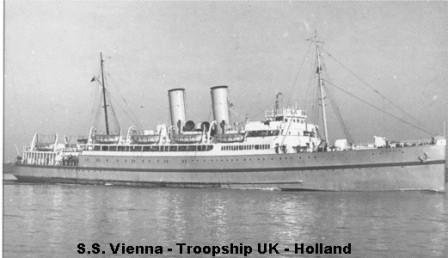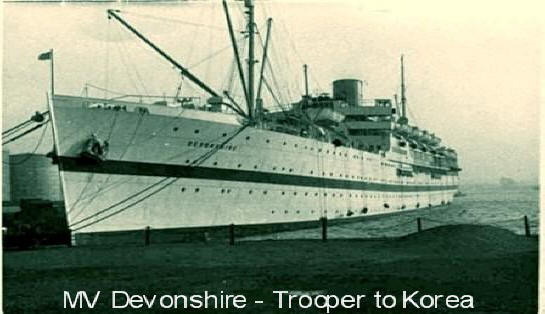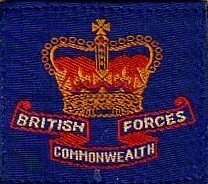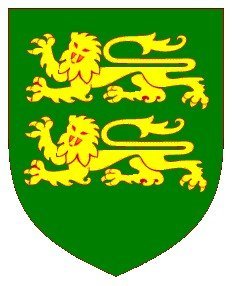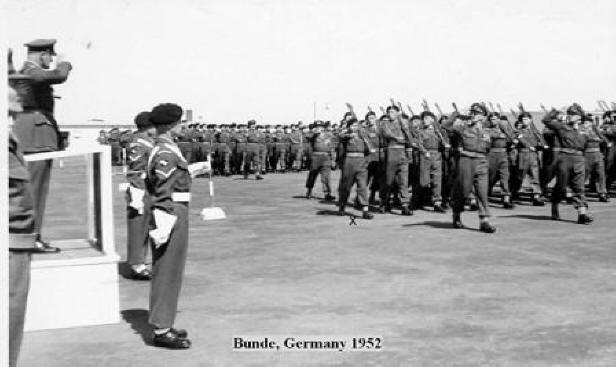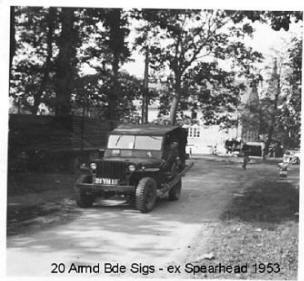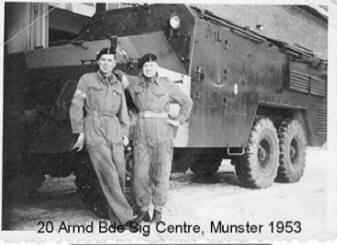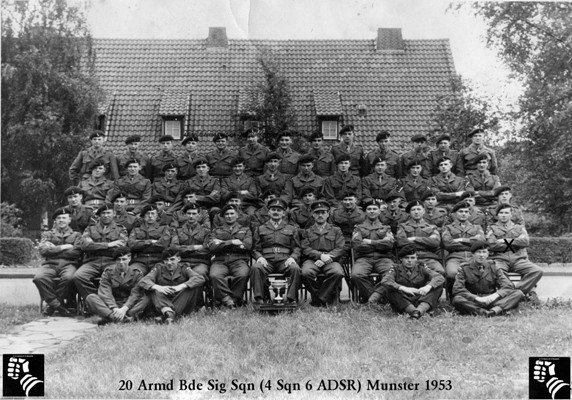|
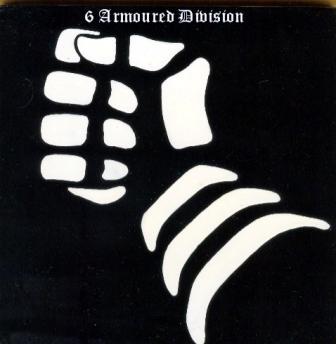 6
Armoured Division was reformed in 1952 as part of 1 Corps to counter the
Warsaw Pact countries threat to Europe, it was fully equipped to deal with
any threat that might be presented and life was, to say the least, interesting.As a new division we were constantly in the field training to
hone our skills and work as a team with the other three divisions in 1
Corps, 7 Armoured Division, 11 Armoured Division and 2 Infantry Division.
It soon became evident to the Divisional Cipher Officer that life in a Div
HQ was not my cup of tea and a posting to 20 Armoured Brigade was
arranged. 6
Armoured Division was reformed in 1952 as part of 1 Corps to counter the
Warsaw Pact countries threat to Europe, it was fully equipped to deal with
any threat that might be presented and life was, to say the least, interesting.As a new division we were constantly in the field training to
hone our skills and work as a team with the other three divisions in 1
Corps, 7 Armoured Division, 11 Armoured Division and 2 Infantry Division.
It soon became evident to the Divisional Cipher Officer that life in a Div
HQ was not my cup of tea and a posting to 20 Armoured Brigade was
arranged.
20 Armoured Brigade under the command of Brigadier Timmis
was located in Munster, it contained some crack units, the famous 17/21
Lancers, equipped initially with Centurion tanks, 6 Royal Tank Regiment
also with Centurions, the King's Dragoon Guards equipped with Dingo Scout
Car's, 2nd Royal Horse Artillery and The King's Royal Rifle Corps as our
infantry support. All in all a formidable unit.
Len Payne was in his element, as a cipher operator at
brigade level there was no day to day sitting in an office on rotating 8
hour shifts as was the case at Div HQ, I was left alone with very little
contact from Division until we went on the next field exercise. I quickly
became absorbed into 4 Squadron life, with little cipher work to fill my
time, I was assigned as Troop Corporal and Signal Office Superintendent,
I also acted as Squadron Office Superintendent and Pay Clerk and spent a
considerable amount of time with the line troop picking up as much
knowledge as I could. When the time for another field exercise came around
I would have another cipher operator temporarily attached from Div HQ to
assist me. While in the field I exercised my cipher trade as well as
being Signal Office Super and NCO i/c Base Linemen. This was the best
posting I had during my service, and my two years at 20 Armoured Brigade
(1952/1954), turned me from a newly promoted inexperienced cipher
corporal, into a fairly competent NCO.
Then came the blow, after a bit off a "dust up" with some
German police, I found myself on a Slow Boat to China, only instead of
China I landed up in Korea as a member of a unit with I am sure the
longest name ever devised, The British Commonwealth Forces, Communications
Zone, Signal Squadron, or Britcom for short. |
|
The Common Soldier
He is called a Common Soldier, he comes
from many lands,
He fights in steaming jungles, he dies in
desert sands,
He sweats upon the drill square, he fears
the sergeants eye,
He is the first to march away, among the
first to die.
He cares not for daunting odds, nor seeks
a place to hide,
He is but a Common Soldier, with another
at his side.
He takes no joy in death or causing hurt
to others,
He is but a soldier, and all soldiers are
but brothers.
He will though fight his countries foe,
He will pass the point where few men go,
He takes misfortune in his stride,
He takes success with quiet pride.
He is given tawdry medals, to be hung upon
his breast,
He is quietly contented, he was called, he
passed the test.
He is called a Common Soldier, always
fighting in the van,
He is called a Common Soldier, but a very
Uncommon Man.
He faced the Roman, Turk and Hun,
He was seen at Vimy and Bull Run,
He served with Monty, Ike and Moore,
He took the heights - he stormed the
shore.
He fought his war, for it was the last,
He then fought others, to repeat the past.
He fought again to free Kuwait,
He fought again, but not with hate,
He saw the enemy, a simple man,
He saw the spectre of Saadam.
He knew too what must be done,
He knew he might die under desert sun.
He knows his worth for across the lands,
He hears the cheers and marching bands,
He knows too that his time has come,
He knows his duty was bravely done.
He stands alone among the throng,
He is bowed and bent, but inward strong,
He was once a Common Soldier, a small part
of the plan,
He was once a Common Soldier, but a very
Uncommon Man.
to all my brothers I never met
|

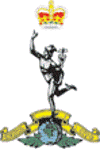

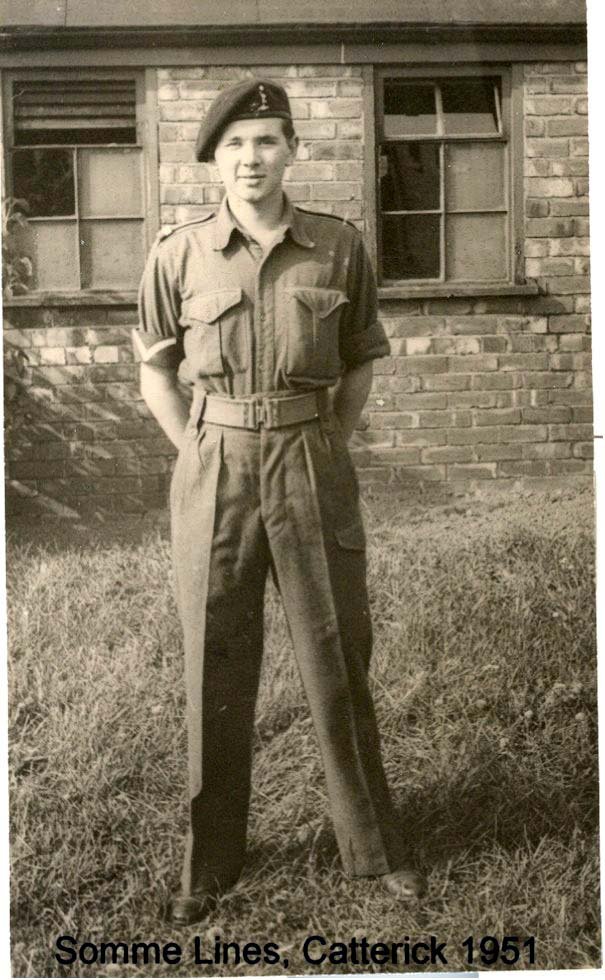

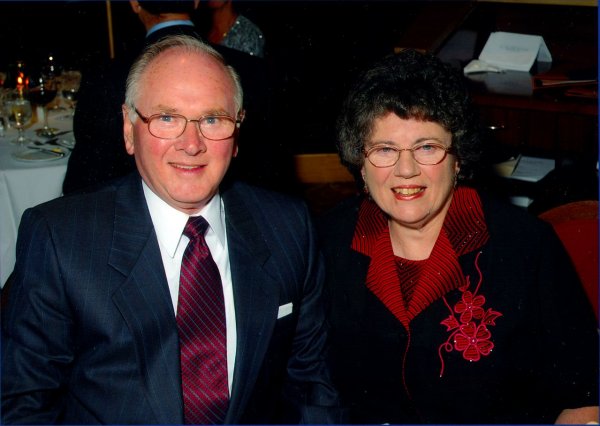
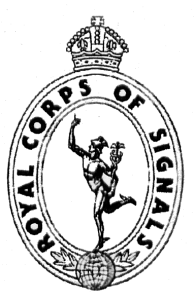 I
enlisted into the Royal Signals on May 21st, 1951. Basic Training
was at Somme Lines, Catterick, 32/36 Troop, under the instruction of
Sgt Hogan, Cpl Searles and Lance Corporals Hook and Jackson, the SSM
was Jimmy Derwent, who was later to be my RSM in 6 Armd. Div.
I
enlisted into the Royal Signals on May 21st, 1951. Basic Training
was at Somme Lines, Catterick, 32/36 Troop, under the instruction of
Sgt Hogan, Cpl Searles and Lance Corporals Hook and Jackson, the SSM
was Jimmy Derwent, who was later to be my RSM in 6 Armd. Div.